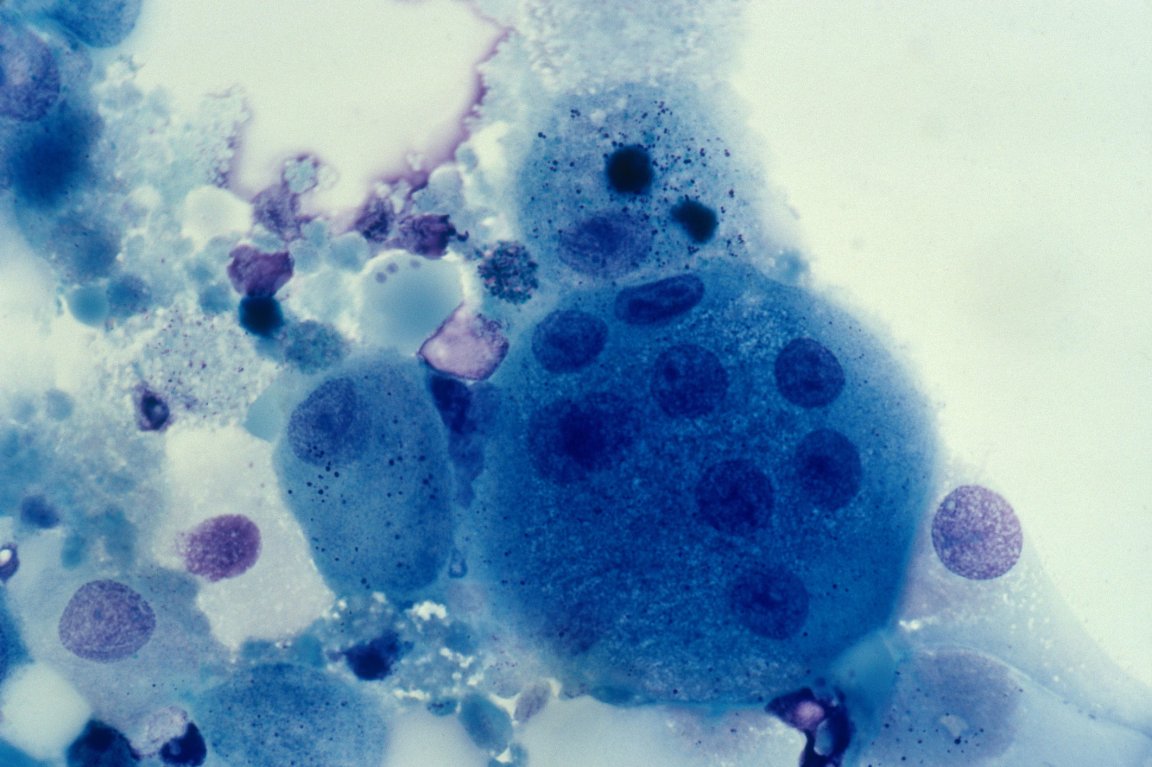
Nine Years and Counting
At the on-going Paris conference of the International AIDS Society (IAS), a team of scientists is presenting details of a remarkable development that could improve HIV treatment. The case is that of a nine-year-old South African child who was infected with HIV at birth. After receiving a burst of treatment soon after being born, the child has since been free of any symptoms or active signs of the menacing virus without any further treatment.
HIV, which is known to affect more than 36.7 million people worldwide, is one of the deadliest viruses around today — since it was discovered, it’s taken the lives of more than 35 million victims, according to the World Health Organization. This South African case, however, is a glimmer of hope.

“[T]his new case strengthens our hope that by treating HIV-infected children for a brief period beginning in infancy, we may be able to spare them the burden of lifelong therapy and the health consequences of long-term immune activation typically associated with HIV disease,” Anthony Fauci, director National Institute of Allergy and Infectious Diseases (NIAID), told The Guardian.
Understanding and Replicating It
While the doctors report detecting tiny fraction of immune cells that still have the virus integrated into them, the child’s immune system remains healthy, and there is no sign of HIV infection.
The South African child was part of a NIAID-funded trial in 2007 for treating infants with HIV. Scientists and doctors, however, have yet to understand why and how the 40-week treatment (which was also given to 142 other children) worked for this child, whose identity remains anonymous.
“We don’t believe that antiretroviral therapy alone can lead to remission,” Avy Violari, pediatric research head at the Perinal HIV Research Unit in Johannesburg, told the BBC. “We don’t really know what’s the reason why this child has achieved remission — we believe it’s either genetic or immune system-related.”
Still, the mere fact that something like this is possible is a cause for hope. Unlike other cases where supposedly cured infants later on demonstrated latent HIV in the immune system, this South African case is the third reported “virtually cured” child. Speaking to The Guardian, Caroline Tiemessen from Johannesburg’s National Institute of Communicable Diseases said, “By further studying the child, we may expand our understanding of how the immune system controls HIV replication.”